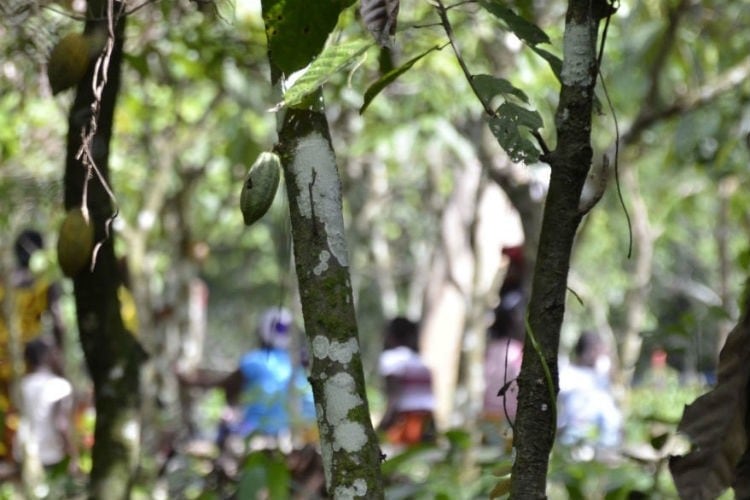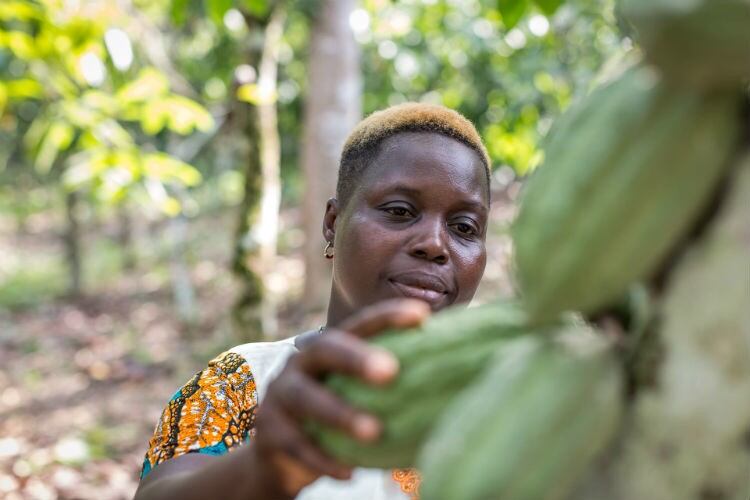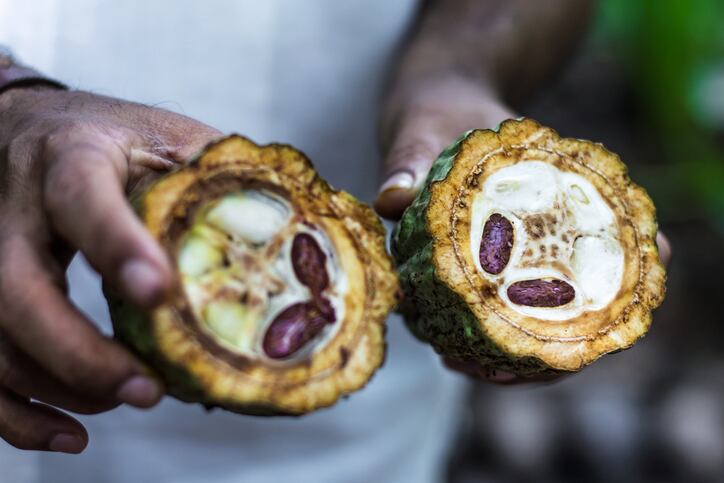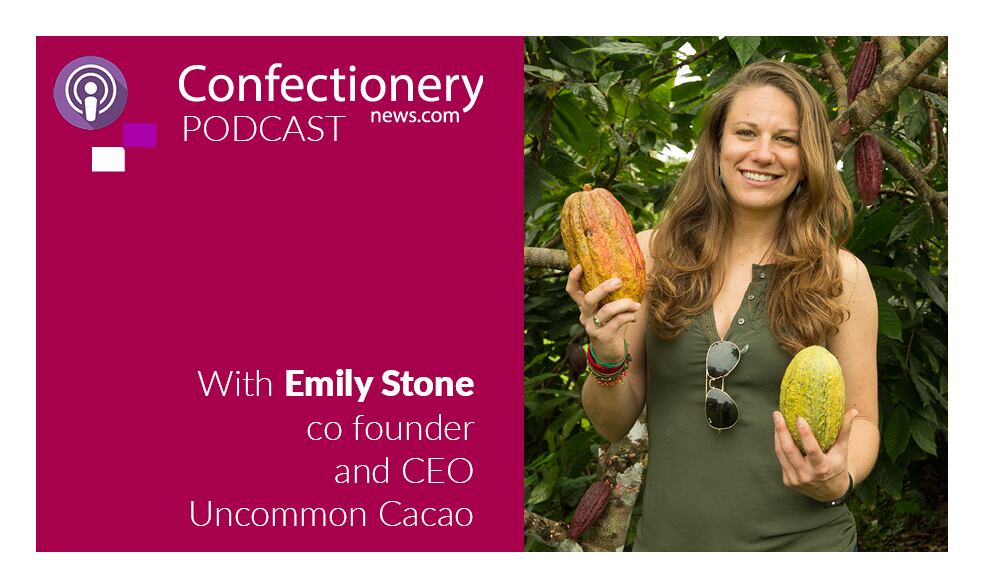Lumina Intelligence is calling on cocoa companies to report publicly on farmer income as part of their sustainability claims ‘if they want to truly align with the United Nations’ core Sustainable Development Goal (SDG) of ‘No Poverty’.
“How can you call volume sustainable when you can’t prove families supplying it are living on less than $1.90 a day,” said Lumina analyst Oliver Nieburg.
He was speaking as part of a Confectionery News’ webinar convened to look at how the cocoa industry can better align with the UN’s SDG goals and market ethical chocolate in the growing ecommerce space.
With news that price-sensitive consumers are failing to engage with sustainable brands in chocolate, coffee and tea markets online, the basis of the webinar was taken from a recent, in-depth report by Lumina Intelligence: Up to standard: Third-party certification and company programs compared.
Hunger and poor health
“I know that a farmer’s income is not only in the industry’s hands but if it is not at least tracked and if we don’t understand what at least makes a sustainable income, then the $2bn spent on company sustainability programs will have been in vain, and we will still be left with the knock-on effects of poverty such as child labor, hunger and poor health,” Nieburg said.
In his presentation, Nieburg said few companies track or make a commitment on famer income, regarding sustainability claims, the exceptions being Barry Callebaut, Mondelēz International and Hersheys - but even with these companies, the reporting is limited and varied.
Mobile technology is helping companies collect farmers’ income data, but the figures are rarely publicly reported, Nieburg said.
Nestlé has pledged to improve farm economics, but at the moment it is restricted to productivity, or quality and costs and good agricultural practices, he told webinar registrants.
Aligning with the SDGs should involve committing, tracking and reporting on the UN’s targets and indicators and not only reporting on the means to reach the target.
“That will be crucial as we enter the next cycle of CSR (Corporate Social Responsibility) commitments beyond 2020 and for companies to meaningful contribute to the UN’s 2030 SDG goals,” he said.
Coca Life
In a podcast interview as part of the webinar, Cathy Pieters, director of Mondelēz’s Cocoa Life sustainability program, told Nieburg it is closely aligned with the SDGs to eradicate poverty, promote gender equality and decent working conditions and economic growth on its cocoa farms.
“Cocoa Life is not a marketing tool; it’s a business decision based on the principle we need to know our supply chain,” she said.
“We have seen high levels of positive impact in farmer cocoa yields, communities empowered to steer own developments and famers not working in protected forest areas.”
According to Cocoa Life data, Pieters said best improvements have been where farmers have the capacity to implement good agricultural practices.
Pieters said Mondelēz’s does measure famrer income from cocoa, but sees different results from different countries. “Even when we see income increases, there is no possibility to average it out, because the drivers are in some cases yield increases, or price increases or volume increases.
“In the Cocoa Life program, we also concentrate on generating additional streams of income and that’s where we are seeing an increase – and we also know that a one-size-fits-all-solution is not working so the basics to achieving a better livelihood starts with having access to a better market.”
Pieters reiterated Mondelēz’s pledge to make all chocolate sourced from cocoa life 100% sustainable by 2025.
Retail insights
Ewa Hudson, head of insights at Lumina Intelligence, said it has discovered that price-sensitive consumers are failing to engage with sustainable brands in chocolate, coffee and tea markets “awash with claims online”.
Certification is facing “a crisis of confidence,” she said, with over 50% of studies in the Lumina database critical of third-party certification, which has prompted a move to company schemes.
Hudson said achieving a high price for chocolate is a key challenge for sustainability across 20 countries when it comes to selling online.
Achieving a high level of consumer engagement is another challenge, Hudson said. Products with sustainability claims are failing to make a difference, achieving same star ratings as chocolate without any claims and they also suffer from fewer reviews on average – third party certifications achieve even lower star ratings, Lumina has found.
Hudson said so-called ‘mission-led brands’ generate the strongest engagement, especially out of the big players in chocolate, as they are launched by start-ups, have a cause close to the hearts of employees and are market disruptors. “Their passion is contagious, and they expect consumers to join in the fight, and consumers feel as though they are making an impact.”
Regarding cocoa, brands can do more to promote origin claims in Africa, and these could address a number of the UN’s SDG goals, said Hudson.
- Listen again to a free on demand version of the CN podcast: COCOA SUSTAINABILITY: SELLING ETHICAL CHOCOLATE ONLINE WITH SDG IMPACT.




